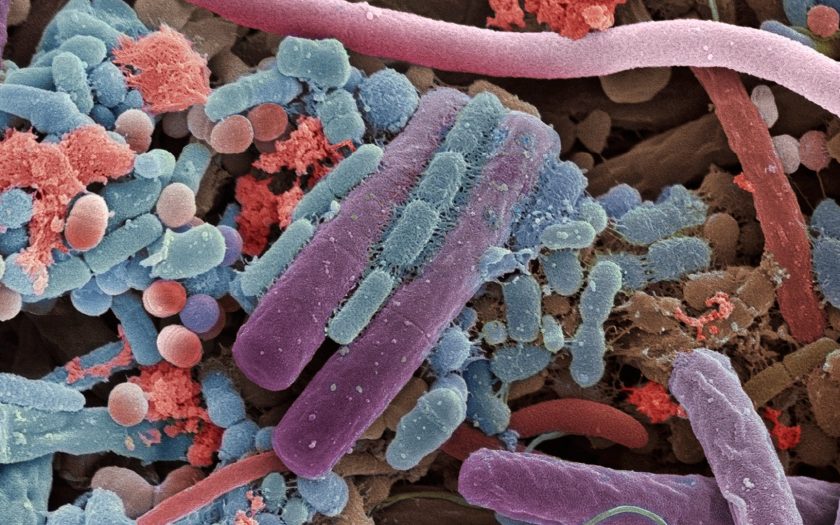Intestinal bacteria secrete various substances that affect the processes in your body. For example, the bacterial wall produces a substance that stimulates immune T cells to produce proteins that regulate human sleep. And they continue the active phase of sleep or cause insomnia in the elderly.
When germs crave sweet
And here’s the sensation: it’s not you who want sweets, but the germs inside you. It turns out that the inhabitants of the intestine regularly influence our food choices.
Flies helped to make this discovery. It so happened that these insects are ideal for initial research, because their intestinal microflora contains only a few species of organisms.
Portuguese scientists were puzzled by a flock of hungry flies that avoided yeast, although they tend to love this food for its valuable protein.
Biologists have found that these flies contain certain microbes in the body that change appetite and eating habits.
A number of studies have noted that bacteria can produce missing components of protein, and “inform” the body of the fly that it will live without additional protein. That’s why flies ignored yeast. Other studies have noted that there are microorganisms for which these proteins are destructive, so it was useful for microbes to control the fly by forbidding it to feed on yeast.

